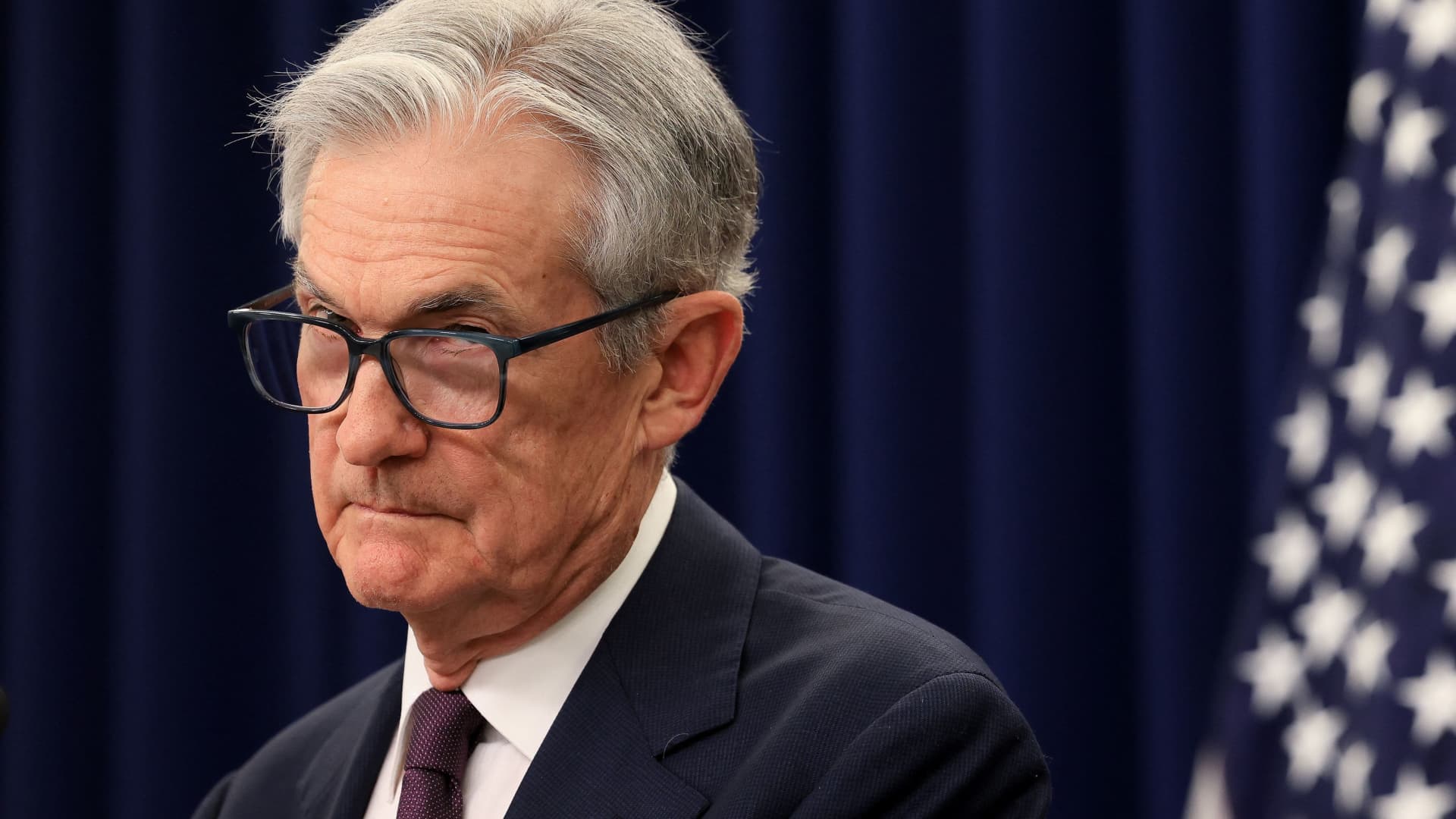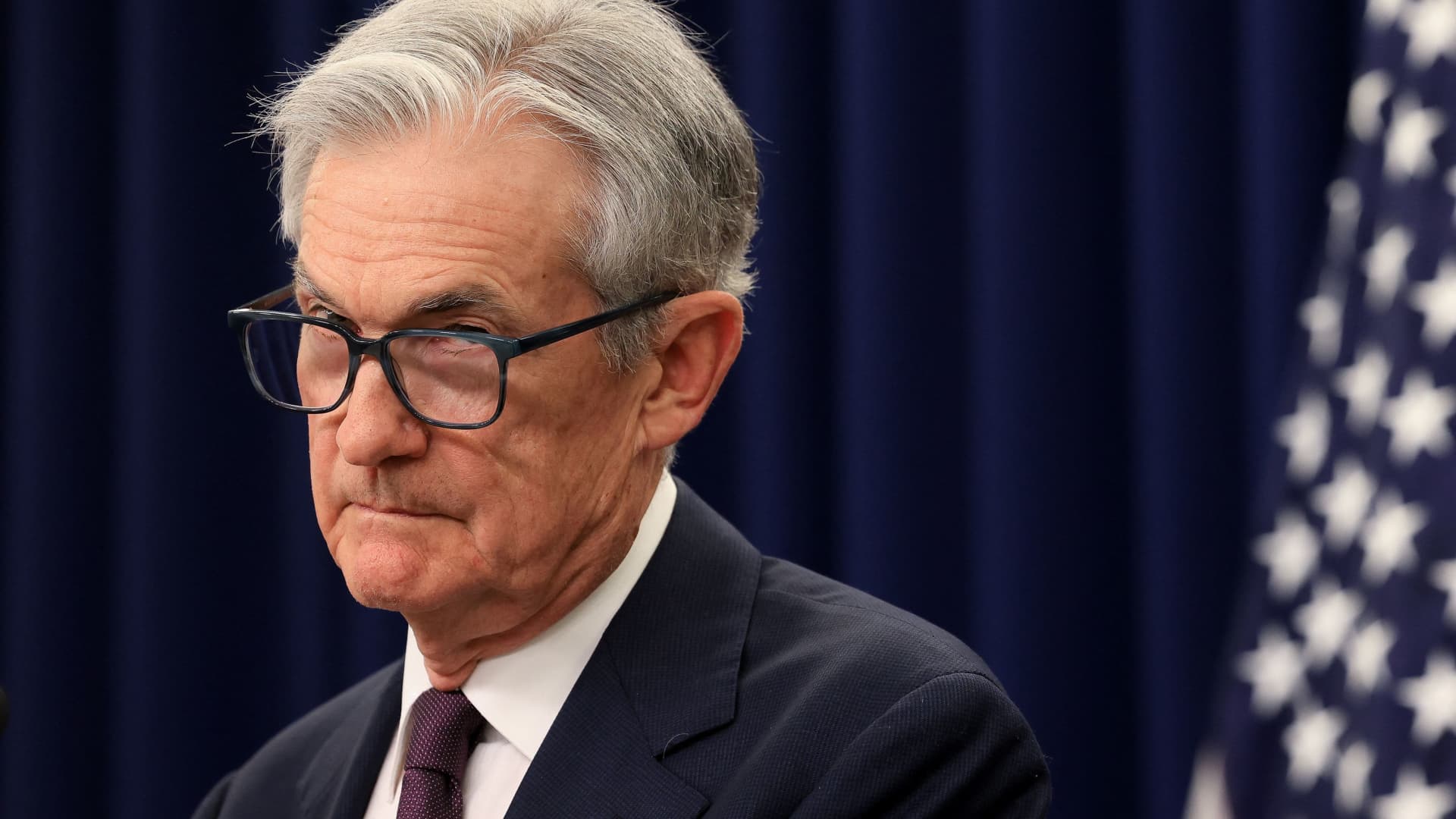Introduction
In the realm of U.S. politics and economics, few relationships have been as contentious as that between former President Donald Trump and Federal Reserve Chair Jerome Powell. This ongoing feud, characterized by Trump’s relentless criticism, offers a window into the broader debate surrounding the independence of the Federal Reserve and the potential consequences of politicizing monetary policy.
A History of Disagreement
The Shift from Praise to Criticism
Trump’s dissatisfaction with Powell began soon after Powell’s appointment in 2018. Initially, Trump had praised Powell, but the tone shifted dramatically as the Fed started raising interest rates. Trump’s frustration boiled over, leading him to label Powell as “Mr. Too-Late,” accusing the Fed of being sluggish in responding to economic conditions, especially during the post-pandemic inflation surge. This criticism escalated into personal attacks, with Powell being derided as a “dummy,” a “fool,” and even “stupid.” These derogatory terms, frequently echoed in news outlets, highlight the depth of Trump’s animosity.
The Core of the Conflict: Interest Rates
At the heart of Trump’s complaints lies the issue of interest rates. He argues that lower rates would stimulate economic growth, thereby benefiting his administration’s policies and potentially enhancing his political standing. Trump often points to rate cuts by other central banks as justification for the Fed to follow suit. However, this perspective overlooks the intricacies of monetary policy and the Fed’s dual mandate to maintain price stability and full employment, which often requires a balanced approach that doesn’t align with short-term political goals.
The Recent Outburst
A Pattern of Pressure
The latest wave of criticism came after the Federal Reserve’s decision to keep interest rates steady for the fourth consecutive time. Despite this decision being anticipated by many economists, it triggered a fresh round of attacks from Trump. He claimed that the Fed’s inaction was costing the United States “hundreds of billions of dollars” and reiterated his belief that Powell is “destructive” and incompetent.
The Idea of Self-Appointment
Trump didn’t stop at criticism. He again suggested appointing himself as Fed chair, asserting that he would do a “much better job.” This claim, though seemingly far-fetched, underscores his belief in his economic acumen and his willingness to disregard the norms of central bank independence. His assertion that “we have no inflation, we have only success” directly contradicts economic data, further fueling his attacks on Powell’s judgment.
Defiance and Independence
The Fed’s Response
Despite the relentless pressure, the Federal Reserve, under Powell’s leadership, has largely maintained its independence. Powell has consistently emphasized the importance of the Fed’s non-political role, stating that the central bank will focus on its dual mandate of price stability and maximum employment, regardless of external pressures.
Demonstrating Independence
The Fed’s decision to hold rates steady, despite Trump’s vocal opposition, is a clear demonstration of this commitment to independence. Additionally, Powell has cited the impact of Trump’s own policies, specifically his tariffs, as factors influencing the economic outlook and informing the Fed’s decisions. This subtle pushback underscores the Fed’s willingness to acknowledge the broader economic context, even when it involves criticism of the former president’s actions. The projected path of two rate cuts in 2025, despite the pressure for immediate action, further solidifies this independent stance.
The Implications of a Politicized Federal Reserve
The Risks of Political Interference
Trump’s ongoing attacks on Powell and the Federal Reserve raise serious concerns about the potential for politicizing monetary policy. A central bank that is subject to political interference risks losing credibility and effectiveness. Investors and markets rely on the Fed’s independence to make informed decisions, and any perception of political influence could undermine confidence in the U.S. economy.
Historical Precedent
The historical precedent is clear: a stable and independent central bank is crucial for long-term economic health. Trump’s attempts to exert control over the Fed represent a departure from this established norm and could have lasting consequences. The fact that Trump continues to revisit this issue, even after leaving office, suggests it remains a significant point of contention and a potential threat to the Fed’s autonomy.
A Lingering Shadow
The Future of Fed Independence
The dynamic between Trump and Powell serves as a stark reminder of the fragility of central bank independence. While the Fed has thus far resisted direct political interference, the constant barrage of criticism creates a challenging environment and could potentially erode public trust. The situation highlights the need for a broader conversation about the importance of insulating monetary policy from short-term political considerations.
Ongoing Challenges
Ultimately, the future of the Federal Reserve’s independence may depend on its ability to maintain its credibility and demonstrate its commitment to its dual mandate, even in the face of sustained political pressure. The recurring nature of Trump’s attacks suggests this will be an ongoing challenge, requiring vigilance and a steadfast commitment to the principles of sound monetary policy.
Conclusion: The Enduring Battle for Independence
The recurring conflict between Trump and Powell is more than just a personal feud; it is a battle for the soul of the Federal Reserve and the principles of economic independence. As the Fed navigates these turbulent waters, it must remain steadfast in its commitment to non-political, data-driven decision-making. The future of the U.S. economy depends on it. The lessons from this ongoing saga will echo through the halls of economic policy for years to come, serving as a reminder of the delicate balance between political influence and economic autonomy.












